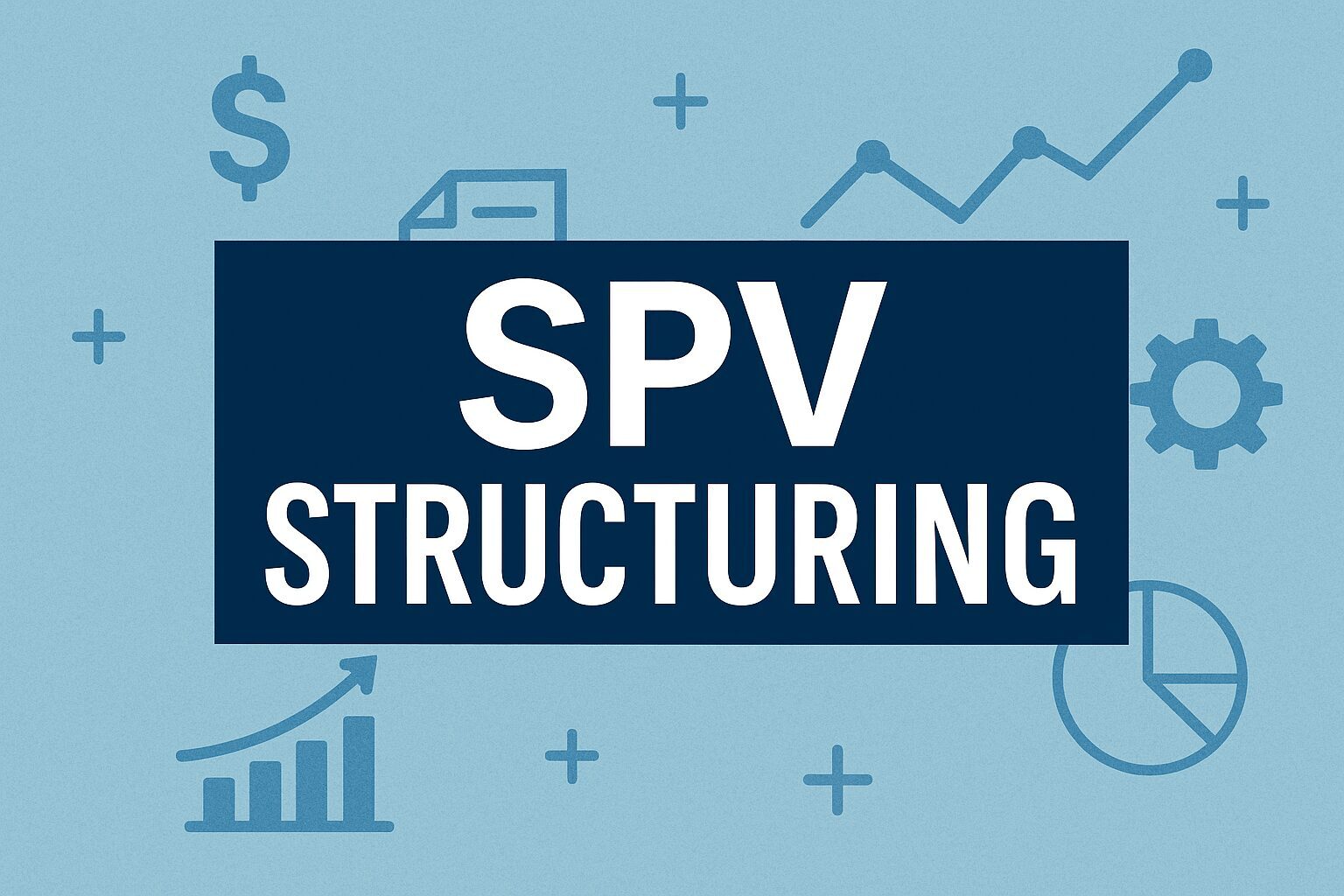
On August 7, 2025, President Donald Trump signed an executive order that could reshape how Americans invest for retirement. The new policy directs the Department of Labor, the SEC, and the Treasury to revise rules that have kept most of the $8.7 trillion held in 401(k) plans as of March 2025, according to the Investment Company Institute, out of alternative assets.
For the first time, everyday retirement savers could gain direct exposure to:
- Private equity (including pre-IPO shares of private companies)
- Cryptocurrencies
- Real estate and other alternatives
These asset classes have historically been reserved for pension funds, wealthy individuals, and institutional investors. The administration’s goal is to “democratize” access, giving workers the same diversification and return potential that elite portfolios have access to.
This is the story of how a regulatory change could spark a new wave of capital into private markets, and why the execution layer will determine whether it works.
How the executive order works
According to a White House Fact Sheet, Trump’s order directs regulators to remove long-standing barriers to alternative assets in ERISA-governed 401(k) and other defined-contribution plans. Specifically, it:
- Instructs the Department of Labor to reexamine fiduciary duties related to alternative assets
- Requires guidance on how fiduciaries can include alternatives in asset allocation funds
- Orders coordination between the Department of Labor, SEC, and Treasury to align regulatory changes
- Directs the SEC to revise rules to make alternatives accessible in participant-directed plans
By pushing multiple agencies to act in parallel, the administration is attempting to dismantle a decades-old wall between retirement accounts and alternatives. If successful, this could potentially expand the menu of investment options for over 90 million Americans.
Why it matters for private markets
The potential inflow of capital is massive. Consider the math:
- A hypothetical 1% shift of total 401(k) assets (~$8.7 trillion) into private markets would equal ~$87 billion of new capital injected into the market
- That is nearly almost half of the size of the entire annual secondary market for private company shares today
- Even small allocations could potentially have larger ripple effects on secondary market liquidity
More liquidity means potentially easier entry and exit for investors, narrower bid-ask spreads, and greater company participation in structured secondary programs. It could also change how private companies think about staying private, knowing that 401(k) money is now a viable source of additional capital.
What’s missing: Infrastructure
Opening the regulatory door does not guarantee smooth adoption. The private markets today operate more like the public markets in the 1970s — fragmented, manual, and slow.
- Trades often take 30–60 days to close
- Price discovery is inconsistent and opaque
- Settlement processes are manual and rely on multiple intermediaries
Without a central execution layer, new 401(k) capital could struggle to find its way into alternatives efficiently.
The potential winners
If the changes take hold, winners could include:
- Alternative asset managers who can create 401(k)-friendly private equity, real estate, and crypto products
- Private companies that gain new liquidity sources for employees and shareholders
- Platforms that make these transactions accessible and compliant for retirement plans
What needs to happen next
For alternatives to appear in 401(k) menus, several steps are critical:
- Product structuring to meet ERISA rules, liquidity requirements, and participant comprehension
- Execution rails that allow for fast, transparent, compliant transactions
- Investor education to ensure savers understand the nature and risks of these assets
A potential turning point in retirement investing
The last time a shift like this happened was in the 1990s, when online brokerages made stock trading broadly accessible. That democratization changed how people invested and permanently expanded participation in public markets.
This executive order could mark the beginning of a similar transformation for alternatives. The opportunity is clear. The challenge is execution.
Platforms like Augment are building the infrastructure for better execution in the private market.
Securities transactions are executed on Augment Capital, LLC's ATS and offered through Augment Capital, LLC (member FINRA/SIPC)
Important Disclosures: Investing in private securities involves substantial risk, including the potential loss of principal. Private securities are typically illiquid, have limited pricing transparency, and often require longer holding periods. These investments are available exclusively to qualified accredited investors and offer no guarantee of returns. Projections and forward-looking statements in this content are based on current market conditions and assumptions. Actual results may vary significantly and past performance does not indicate future outcomes. Views are those of the author.






